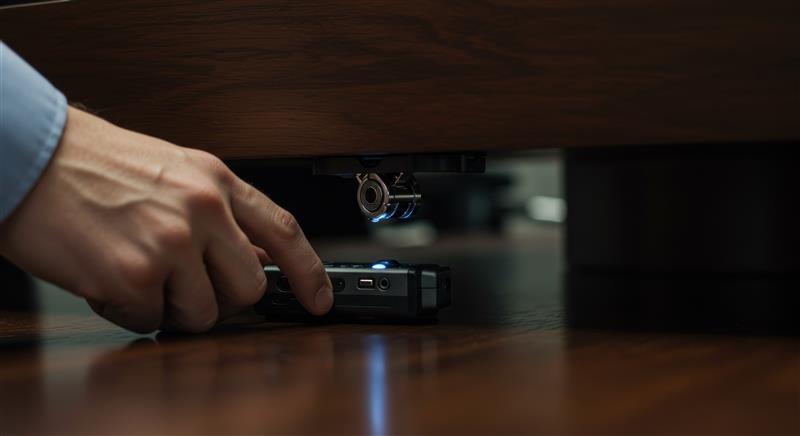Many grandparents play a huge role in the lives of their grandchildren. Statistically, almost 2 out of 3 grandparents look after their grandchildren regularly. However, when a relationship breaks down and disputes arise, one party may limit or completely refuse grandparents contact with their grandchildren. This can be very upsetting for grandparents who do not know their rights to contact with their grandchildren.
Unfortunately, the current law does not offer grandparents an automatic right to have contact with their grandchildren. However, the Court recognises the invaluable role which grandparents can play in children’s lives and there are procedures in place which allows grandparents to request contact with their grandchildren.
Where possible, an agreement between the grandparents and the parents or carers should always be attempted, before an application to Court is made. This is less costly, timely and disruptive for the children involved. If an agreement is unsuccessful, it is a Court requirement for grandparents to attend a Mediation Information and Assessment Meeting before making a Court application, unless an exemption applies, such as concerns regarding the safety of the child or domestic violence apply. If mediation is unsuccessful and you are unable to reach an agreement regarding contact with your grandchild, grandparents can make an application for permission to file a Child Arrangement Order.
Grandparents Rights To Apply For A Child Arrangement Order
Child Arrangement Orders are orders which regulate with who and when a child is to live, spend time or have contact with any person. By law, only those who hold parental responsibility for a child have an automatic right to apply for a Child Arrangement Order. However, a grandparent can make an application for permission to make a Child Arrangement Order (Also known as, seeking leave of the Court). If the Court grants permission to make a Child Arrangement Order, they can proceed with a Child Arrangement Order application. This creates a two-stage process. The additional stage was implemented to sift out applications which are not in the best interests of the child.
There are certain, limited, circumstances whereby a grandparent can make an immediate application for a Child Arrangement Order under Section 10 (5) of the Children Act 1989:
- If the child has lived with the grandparents for more than three years;
- If the child is in the care of the Local Authority and the Local Authority support the grandparent’s application for a Child Arrangement Order;
- When everybody who holds parental responsibility consents to the application for a Child Arrangement Order;
- The grandparent is a special guardian or guardian;
- The grandparent is named on the Child Arrangement Order providing for residence;
- The grandparent is a foster parent and the child has been living with them for more than one year; or
- The child has been residing with a relative for more than one year (“Relative” is defined as grandparent, brother, sister, uncle, aunt, full blood)
Application For Permission To File A Child Arrangement Order
In assessing whether to grant permission to make a Child Arrangement Order under Section 10 (9) of the Children Act 1989, the Court will consider the below criteria.
- The nature of the proposed Order (what order the applicant is seeking);
- The applicant’s connection with the child;
- The risk of disruption or harm to the child. For example, if the child is currently living with another adult, what will be the consequences of moving the child should the application be successful; and
- If the child is currently being looked after by the Local Authority – what are the future plans for the child and the views of the parents.
The Court has emphasised that this list is not exhaustive and other factors will be taken into account when determining an application, including whether there is an arguable case. Unlike Child Arrangement Order applications, the welfare of the child is merely a considering factor, rather than the determining factor. Grandparents should always be made aware that the Court granting leave should not follow with it a presumption that the Child Arrangement Order will be successful.
Grandparents Rights: Child Arrangement Order
If your application for permission to make an Order is granted, grandparents have the right to apply for a Child Arrangement order under Section 8 of the Children Act 1989.
In the circumstances where you require permission of the Court before you can make a Child Arrangement Order, we would complete the Application for permission to start proceedings, alongside an additional form for Child Arrangement application. Therefore, if the Court grants you leave, they will already hold your Application for Child Arrangement Order, and you do not need to file anything further. Alternatively, if you are automatically entitled to make a Child Arrangement Order application, we would complete the Application for Child Arrangement Order.
When determining whether to grant a Child Arrangement Order, the Court principally consider the welfare of the child. Alongside this, the Court will consider:
- The wishes and feelings of the child concerned;
- The child’s physical, emotional and educational needs;
- The likely effect on the child if circumstances change as a result of the court’s decision;
- The child’s age, sex, background and any other characteristics that will be relevant to the court’s decision;
- Any harm the child has suffered or may be at risk of suffering;
- The capability of the child’s parents (or other relevant people) in meeting the child’s needs, and
- The powers available to the court
- The court will also consider if making no order is suitable in the circumstances.
Grandparents Rights: Special Guardianship
If a child’s parents are not able to look after their child, or if there are ongoing care proceedings in relation to a child, it is possible for their grandparents to be appointed as Special Guardians under Section 14 of the Children Act 1989. Special guardianship provides Parental Responsibility during its existence, which can be used without the need to consult the child’s parents (with the exemption of changing the child’s name and moving abroad for 3 months). The order also provides a child with a permanent residence until they are age 18, unless it is revoked by permission of the Court. This allows a special guardian greater control over the child’s upbringing. Special guardianship means children remain within their community and often contact with their family continues, which would cease upon an adoption order.
Under Section 14 (f) of the Children Act 1989, Special guardianship also carries with it the opportunity to seek help from the Local Authority, by way of counselling and financial assistance. Under the Special Guardianship Regulations 2005, a means test can be undertaken to assess the needs of the special guardian for financial help.
Obtaining A Special Guardianship Order
Grandparents will need to provide the Local Authority three months written notice of their intention to apply for Special Guardianship. Although there is no specific form of notice, it must include details including your name and address; the name and birth of the children; where the child is living; your relationship with the child and a request for the Local Authority to undertake an assessment which enables you to apply for special guardianship. The notice will trigger a detailed assessment, enquiring into your family history, health and your ability to care for the child. Thereafter, the Court can either make a Special guardianship application on their own motion or upon receiving an application.
Grandparents can also make a private application for Special Guardianship, where there are no other proceedings, without the Courts permission in certain circumstances, including where there is already a Child Arrangement Order in place.
For further information or legal assistance, please contact our family department on 0161 250 7771.




